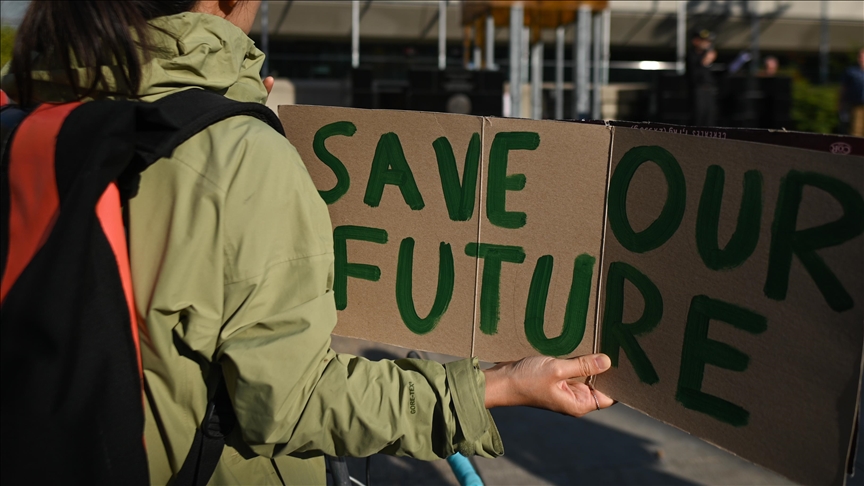The southern region of Ukraine is often referred to as the “tomato belt.” Here lies Evrika, a vegetable-growing and processing company that has been nourishing Ukrainian families since 1987. What began as a small cooperative has transformed into a prominent business under the “Babushkiny Gryadki” (“Grandma’s Beds”) brand. They offer a wide range of products, including tomato paste, canned peas, and even hummus—a unique item for many in Ukraine.
Alexandr Yakovlev, co-owner of Evrika, shares, “For 38 years, we’ve prioritized high-quality, affordable food.” The company focuses on selecting top vegetable varieties and using only certified European plant protection products. They handle every step from harvesting to processing to ensure freshness without chemical additives.
However, operating in war-torn Ukraine poses significant challenges. When Russia invaded in 2022, Evrika faced immediate risks, but they didn’t halt operations. Alexandr explains that February is typically a quieter month for them, focused on preparations. “We kept working,” he says.
Logistical issues arose quickly. The electricity outages severely impacted production. In response, Evrika invested in a diesel generator, using around 200-250 liters of fuel per hour. This heavy reliance on diesel is costly but necessary.
Water availability is another critical concern. Irrigation depends on powered pumping stations. Without electricity, there’s no water, which directly affects harvests. To combat this, Evrika installed diesel pumps and tanks, offering a short-term solution. However, in 2024, the company lost about 30% of its harvest due to irrigation challenges.
To ensure long-term survival, Evrika is planning to install a solar power plant. “This could help us attain energy independence,” Alexandr states, optimistic about the project’s completion later this year. Yet, these essential expenses have stunted other growth plans, like launching a corn-processing initiative.
Labor shortages also pose major obstacles. “Vegetable processing requires a lot of hands, and physical work is becoming harder for many people,” Alexandr explains. To adapt, Evrika turned to automation with help from the European Bank for Reconstruction and Development (EBRD) and the European Union.
A loan and grant from the EU4Business-EBRD Credit Line allowed Evrika to modernize its sterilization processes, crucial for food safety and shelf life. The upgrades reduced labor needs from 80 workers to just 8 while ensuring safer, more skilled jobs. Additionally, energy consumption was cut by at least 20%, a vital step as energy costs are expected to rise.
Evrika has also faced challenges due to missile attacks, making external support even more critical for their recovery.
Looking to the future, Evrika continues to innovate with new offerings like peeled cherry tomatoes and even sweet corn in glass jars. “We believe good food should be honest and accessible,” Alexandr notes, emphasizing their commitment to quality during tough times.
As Evrika navigates these hurdles, it’s making strides not just to survive, but to thrive, adapting to a landscape altered by conflict. Their story highlights resilience, innovation, and the enduring power of quality food in challenging environments.
Source link
Donors,Food and Agribusiness,Ukraine





















